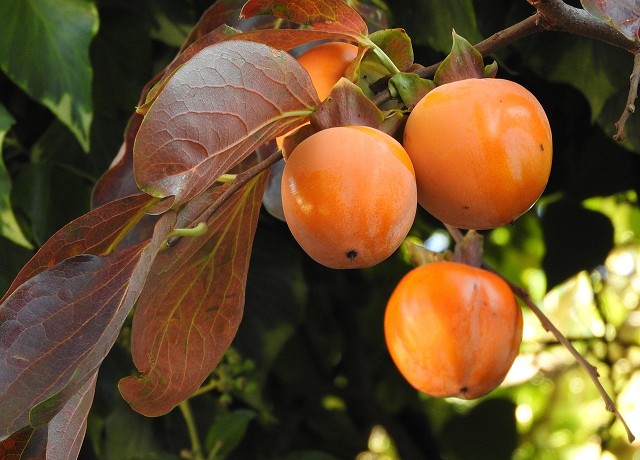Kaki
The kaki , also known as chaqui . The variety of Kaki Jiro is known for not being astringent , which means that its fruits can be consumed directly from the tree without the need for additional maturation or treatment to eliminate astringency is a fruit rich in vitamins and minerals, highlighting for its high content of vitamin A, vitamin C and fiber . In addition, it has antioxidant, digestive properties and can help eye and cardiovascular health .
Benefits of Kaki:
Kaki is rich in antioxidants such as vitamin C, carotenoids and flavonoids , which help protect cells against damage caused by free radicals and can reduce the risk of chronic diseases.
- Vitamin A : It is essential for vision, immune system and skin health.
- Vitamin C : A powerful antioxidant that strengthens the immune system and helps iron absorption.
- Potassium : important for liquid balance, muscle function and heart health.
- Fiber : both soluble and insoluble, favor digestion and help regulate intestinal transit.
Contains zeaxantin , an antioxidant that protects the eyes and can reduce the risk of macular degeneration. The potassium and the fiber can help regulate blood pressure and reduce LDL cholesterol, contributing to the health of the heart. Kaki fiber can help prevent constipation and improve digestion. The khaki can be consumed mature, when its pulp is soft and sweet, or slightly green, with a firmer texture.
In summary, Kaki is a nutritious and beneficial fruit for health, thanks to its content of vitamins, minerals and antioxidants.
